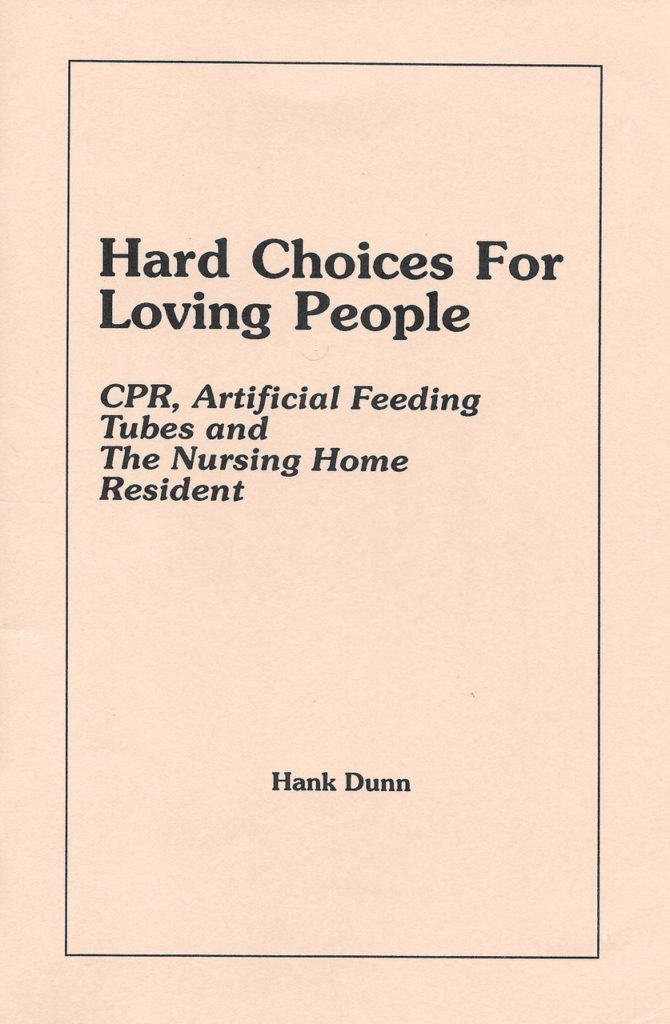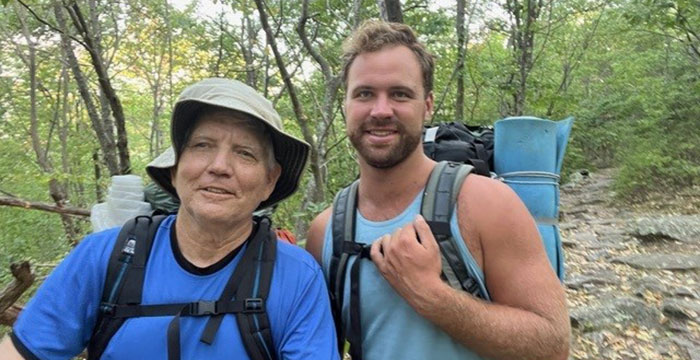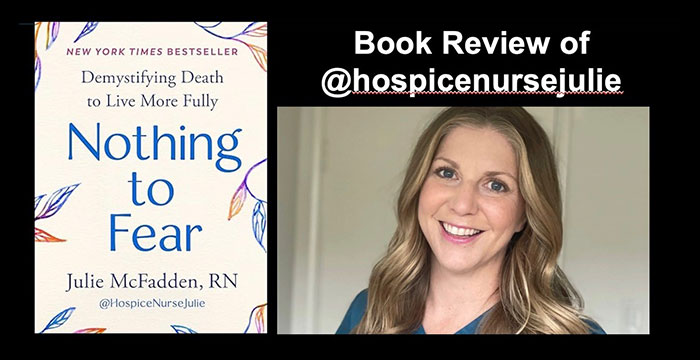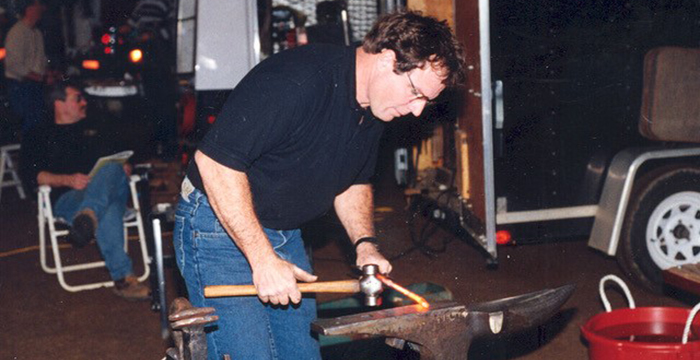This is the first post in a series of articles about the writing and distribution of Hard Choices for Loving People. This piece covers the First Edition.
They told me not to write down the information about how some treatments, like CPR, lack benefit for or may even harm nursing home residents. “They” were The Ethics Committee.
The fact that I was even sitting on a medical ethics committee was curious. I was facing unemployment in the summer of 1983. My wife and I were supporting a family with kids aged seven and nine. I needed a job. A pastor friend of mine, Gordon Cosby, gave my name to the owners of Fairfax Nursing Center in the Virginia suburbs of DC. They were just looking for a part-time chaplain. Anybody would do, really.
My work experience since seminary included five years as a youth minister, one year as a carpenter and four years directing an inner-city ministry to help hard-to-employ people. Nothing indicated I was fit to be a nursing home chaplain. I said I would give it a try.
And I found my calling
The nursing home owners, Robert and Charmaine Bainum, were unusual for wanting to attend to the spiritual needs of the residents, families and the staff. Chaplains were not required by regulation. The Bainums, of course, wanted to make a profit but their philosophy was that people will pay extra for the best quality care. They felt spiritual care was an important piece of the best care. It turned out that I loved the work. I asked if we could make the position full-time after just six months on the job. They said, “Yes.” And I found my calling.
Virginia passed a Natural Death Act in 1983. For the first time residents of the state had a standard “living will” form and a process for making end-of-life decisions for those who did NOT have this piece of paper. We formed an ethics committee and asked the question, “What are we going to do about this new law?” Our answer, “We are going to tell all 200 residents and their families about their right to refuse treatment and their right to an advance directive.”
“Oh…and Hank? We want YOU to tell everybody.”
I took a crash course on CPR and feeding tubes
I had just been given twenty more hours each week. I guess they thought, since I had all this time, I should be the one. But perhaps they intuitively knew that these decisions were, at their core, emotional and spiritual.
So I took a crash course in an effort to understand CPR and feeding tubes and the ethics surrounding them. I read medical journals. Mostly I was taught by the Director of Nursing Beth Kleb, RN; Administrator Pat Smith, RN; and dozens of staff nurses. To start, I reviewed all 200 patient charts and found only about 20 had any sort of record of advance care planning. There were very few living wills and very few “No CPR” orders.
After a couple of years of talking to residents and families I suggested to the ethics committee that I write a booklet about making end-of-life decisions. To a person, they responded, “Don’t put it in writing! We like what you are doing… talking to everyone. Just don’t write it down.”
Okay.
Then, in 1988, I saw a study in the latest issue of the Journal of the American Medical Association (JAMA) about the use of CPR at the V.A. hospital in Houston. Very few patients who received resuscitation attempts survived to be discharged and ZERO patients over age 70 survived. I went to my office and started writing the first draft of what was to become Hard Choices for Loving People. I thought, “We have GOT to get this word out.”
Easier to get forgiveness than permission
It was the classic case of it being easier to get forgiveness than permission. Now, the ethics committee said of my draft, “This is great! Let’s publish it.”
I delayed.
There was one more piece of information I was waiting for. The case of Nancy Cruzan was making its way to the U.S. Supreme Court. Nancy was a young woman in a vegetative state in a Missouri state hospital being kept alive on a feeding tube. Her family had requested the artificial feedings be stopped knowing that is what she would have wanted. The state fought the family all the way up the court system. On June 25, 1990, the SCOTUS sided with the state saying it could require “clear and convincing evidence” that this withdrawal of treatment is what she would have wanted. They went on to say that IF there were such evidence (like a living will or verbal statements) then it was okay to withdraw artificial feeding and let her die.
I had the final pieces to tell my story. CPR doesn’t work for nursing home residents and if the patient chooses, it is okay to withdraw a feeding tube.
The First Edition of Hard Choices for Loving People (1990) had the subtitle of CPR, Artificial Feeding Tubes and the Nursing Home Resident. I wrote one chapter on CPR, one on feeding tubes and a chapter with practical suggestions like completing an advance directive. After an early draft was criticized for being both too willful in trying to manipulate the reader to do what I wanted AND too vague in stating what I truly thought about these treatments, I added a final chapter offering clarity about my opinion. Being clear about my opinion, I cleaned up the earlier text to encourage readers to make up their own minds about these treatment decisions. I closed with some words about the emotional and spiritual concerns at the end of life.
Lightning struck
My goal was to help the residents of this one nursing home have more peaceful deaths. As an afterthought, I suggested to the administration that we send out sample booklets to 100 nursing homes in Virginia to see if we could sell some. Out of that 100 we sold about 4,000 copies. Then lightning struck.
One direct result of the Cruzan case was that congress passed and the president signed the Patient Self-Determination Act. This law required all facilities that received federal funds (Medicare and Medicaid) had to inform patients of their right to accept or refuse treatment and their right to an advance directive. BINGO. We started renting mailing lists and sent a copy of Hard Choices to every nursing home in the country. 1991 saw sales take off. Facilities needed to fulfill the law and my booklet did just that.
I actually was surprised and quite humbled by the response. Selling the book to others was just an afterthought.
First Edition Statistics:

- Subtitle: CPR, Artificial Feeding Tubes and the Nursing Home Resident
- Publication dates: 1990-1992
- Total books sold: 93,979
- Length: 30 pages
Key content introduced in the First Edition:
Three questions to help with end-of-life decisions
- What does the resident want?
- What is in the best interest of the resident?
- What is the prognosis if a certain treatment plan is followed?





